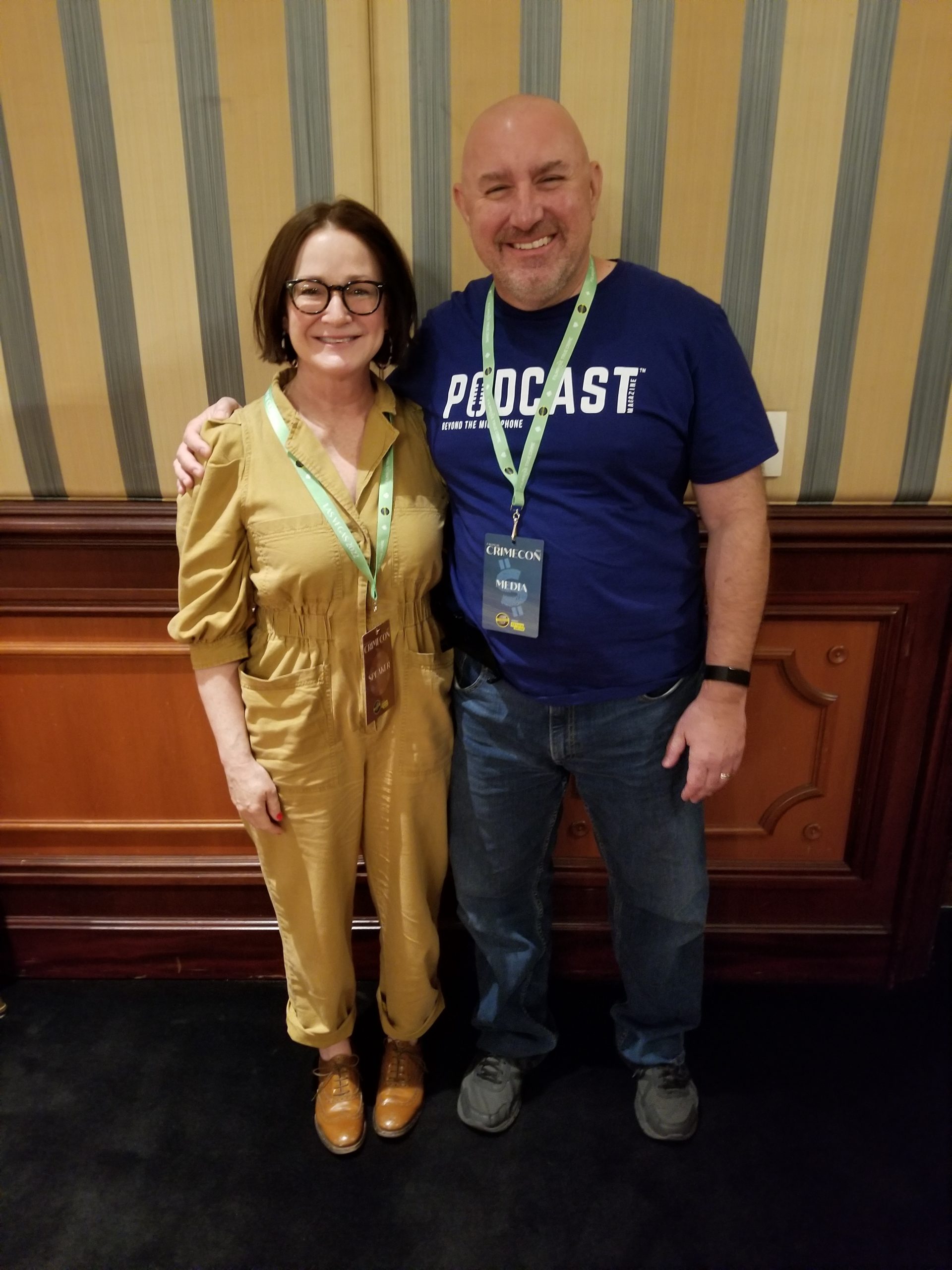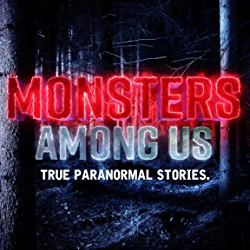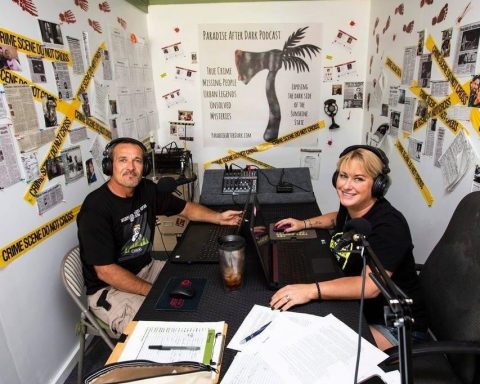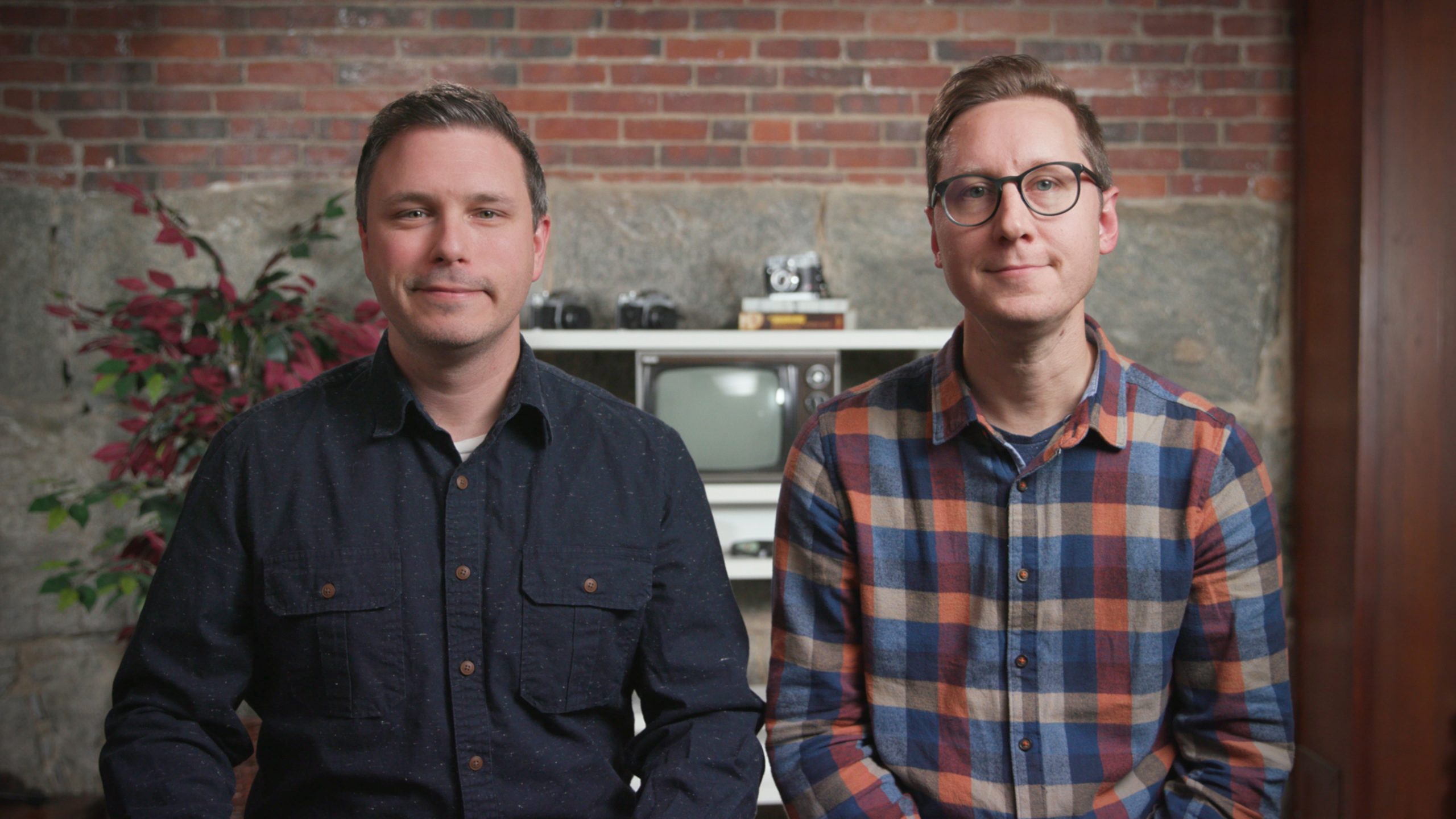Exactly how many people have been wrongfully imprisoned in the United States? Given the nature of the question and the complexities of cases, that’s a difficult one to answer, especially with any real accuracy.
However, according to Innocenceproject.org, “Extrapolating from the 281 known DNA exonerations in the U.S. since the late 1980s, a conservative estimate is that one percent of the U.S. prison population, approximately 20,000 people, are falsely convicted.”
Taking a more liberal estimate, let’s triple that number to three percent. That would indicate a 97% success rate in convictions.
If you were a quarterback in the NFL, you might sell your soul for a 97% completion percentage. If you were trading stocks, you would likely become mega-wealthy if 97% of your moves were successful. And a high-school student averaging 97% on all his or her tests would certainly be considered top of class, if not valedictorian.
A 97% success rate in convictions speaks to what most prosecutors and defense lawyers would deem the best justice system in the world.
But “the best” is not “perfect.”
Even if the failure rate was as low as 0.3%, it would still equate to a living hell for those few wrongfully accused and convicted. That was the reality for Rodney Lincoln, the man convicted for the 1982 murder of JoAnn Tate and the savage attack on her two daughters, Melissa and Renee.
This case is superbly covered by true-crime writer, producer, and director Leah Rothman in the The Real Killer podcast. Leah even led a panel discussion with Rodney, his daughter Kay, and the remaining living survivor of the 1982 attack, Melissa DeBoer, for the opening session of CrimeCon 2022.
A day after the session, Podcast Magazine® caught up with Leah for an in-depth discussion of this case and her podcast, The Real Killer.
Leah was working for the television show Crime Watch Daily when she came across the Tate case and was immediately driven to tell the story. And the truth is, if it hadn’t been for her immediate visceral reaction to the story, it is possible that it might not have been told. It’s even possible that without The Real Killer podcast, Rodney might still be in prison today.
“We were doing a profile piece on Diane Fanning,” Leah explains. Diane is a true-crime and mystery novelist who has written several books, including Written in Blood, Under the Knife, and Through the Window: The Terrifying True Story of Cross Country Killer Tommy Lynn Sells. Through the Window is particularly relevant to the Tate case and The Real Killer podcast.
“It was supposed to be a 10-minute profile. We discussed Tommy Lynn Sells and how people are sitting in prison for crimes that he may have committed. Diane also talked about Rodney. Neither Rodney nor Melissa had been interviewed, though. After going through all of the information, I told the producers, ‘Guys, although Diane Fanning is wonderful, she’s not the story. The story is Melissa and Rodney.’”
Being in television, one might wonder why Leah chose to tell the story via podcast.
“Bluntly speaking, it was about time,” Leah responds. “Podcasting afforded us as much time as we wanted to tell the story. I’ve told it twice for television, but being limited to 43 minutes per episode, it was basically just headlines. The podcast allowed us the chance to go so much deeper. We could not only investigate the investigation, but also get to know Melissa, Rodney, Kay, and everyone involved.”
The Real Killer totals 11 episodes comprised of about seven-and-a-half hours of content.
The luxury of using a podcast to go deeper into a case has been appreciated by many an investigative journalist. For example, Angeline Hartmann, who was also an exhibitor and speaker during CrimeCon—and whose podcast, Inside Crime, was covered by Podcast Magazine in May 2020—served as a reporter for Fox 5 News in Atlanta in the late 90s. She commented that hours of interviews and investigation may only equate to a 90-second spot on TV. With Inside Crime, she can tell much more of each story.
Leah speaks to that dynamic, as well:
“In TV, the people you interview talk and talk and talk, and you have to whittle that down and edit it. It’s basically soundbites. This was a chance to just let people breathe and tell their stories. I really enjoy the medium. The Real Killer is actually the second podcast I’ve done.”
The Real Killer certainly allows a number of people to “breathe” and share their perspectives of the Tate case, including the victim, the lead detective on the case, the daughter of the man convicted, and even potential alternative suspects.
Of course, digging this deep into a complex case can bring about a ton of emotion for everyone involved, including Leah herself. “I think I am an emotional person,” she admits. “I learned about this story in 2015, and it only took one meeting with this family to feel a connection with them.”
Diving in, Leah was shocked by what she discovered. “Working in true crime for as long as I have, you see a lot of awful crime-scene photos, and you read about a lot of terrible things. But I have never seen anything as gruesome as the Tate case. It’s just horrific. What happened in that apartment that night is just beyond me.”
While Leah’s empathy of course extended to everyone in this case and those affected by it, it is the last surviving victim of that horrible night, Melissa, who received the most of it. This is clearly evident not only in the podcast, but during the CrimeCon panel Leah led, during which she constantly asked Melissa if she was okay to talk.
“April 27, 1982, was the worst day of Melissa’s life,” Leah explains. “What happened to her mom and how she was found… losing her that way, in addition to what was done not only to her seven-year-old body, but her little sister, too.”
The Real Killer shares the graphic details, and without a doubt, it is one of the more difficult podcast series to get through. However, sharing those gruesome details is part of what makes it an excellent production.
“Some people tell me they couldn’t get past the first episode,” Leah says. “The reason it is that graphic is because listeners need to understand what happened to Melissa and her family to understand what ends up happening down the road. It’s awful to listen to, but I do think it’s necessary to understand the entire story.”
Unfortunately, there are no sunshine and rainbows in this story as it develops, either. The podcast details how it is highly likely that the wrong person was convicted of the horrendous crimes committed on that fateful night.
And in the end, Rodney served well over three decades in prison for a crime he didn’t commit.
If there was a hero, or heroine, in this story, it would be Kay Lincoln, Rodney’s daughter.
“Kay Lincoln believed her father from day one, when he said he didn’t do it. She didn’t have a high school diploma, yet what she was able to do and learn was extraordinary. She just kept digging and digging and digging. She was able to get people to listen to her in a world where the Innocence Projects are inundated with people claiming their innocence. They are underfunded. They don’t have the staff to accommodate the cases, yet she got people to listen to her. That’s incredible.”
To call the evidence against Rodney “questionable” would be an understatement, especially in light of Melissa DeBoer’s recanting of the original statement she provided as a child. On November 28, 2015, Melissa not only stated that Rodney did not kill her mother, but she also accused Tommy Lynn Sells of committing the crimes.
Despite that admission, Rodney was never exonerated. He was finally released from prison on June 7, 2018, for time served.
“What happened to Rodney,” Leah says, shaking her head, “was that the police zeroed in on him and tried to discount his alibis despite his having no motive. He then spent 36 years and 10 days in prison—the first ten years of which were especially brutal, as he was branded a child molester.”
Even now, years later, Leah still thinks about what life must be like for Rodney. “Last night, [April 29—the first night of CrimeCon 2022], we were out on the Las Vegas Strip, and it was like this total sh*tshow,” she laughed. “But I imagined seeing it through his eyes, after being locked up for as long as he was, and it was like a childlike wonder.”
It would be highly fulfilling to be able to say that this story has a clear and happy ending. The reality, though, is that there are multiple victims in this case. The obvious are JoAnn Tate and her two daughters, Renee and Melissa.
But then there’s Rodney and his family, too—especially Kay. They’re all victims, as well.
One could argue that there were even more victims in this case—the police who worked it, including Homicide Detective Joe Burgoon, known as the “The Godfather of Homicide” in St. Louis. Given the brutal nature of the crime against a woman and two small girls, investigators undoubtedly went through the emotional wringer, themselves. Although high on motivation and tenacity, they were clearly short on resources. After all, as true-crime enthusiasts are well aware, in the early 1980s, there were no cameras, cell-phone pings, or DNA testing.
“People have differing opinions about the police in this case,” Leah says. “Some think the lead detective did these things maliciously and nefariously. Like he was just out to get Rodney. Other people say he just wanted to solve it. But I can say that Melissa and Renee became like daughters to Joe. He was emotionally attached to them, and he wanted to get justice for them and their family.”
Given the probability that JoAnn Tate’s “real killer” is still walking free, having never been charged with these crimes, it’s hard to say that any justice has been done in this case.
But The Real Killer offers superb coverage of the complex case that took so much from so many.
To the hardcore true-crime enthusiasts reading this, you owe it to yourselves to have a listen. Despite the U.S. justice system having a high success rate, Rodney falls in that one percent of failures. And by all measures, seemingly everyone involved in the Tate case—besides the killer himself—has gone through some measure of a living hell.
August 2022 Issue













